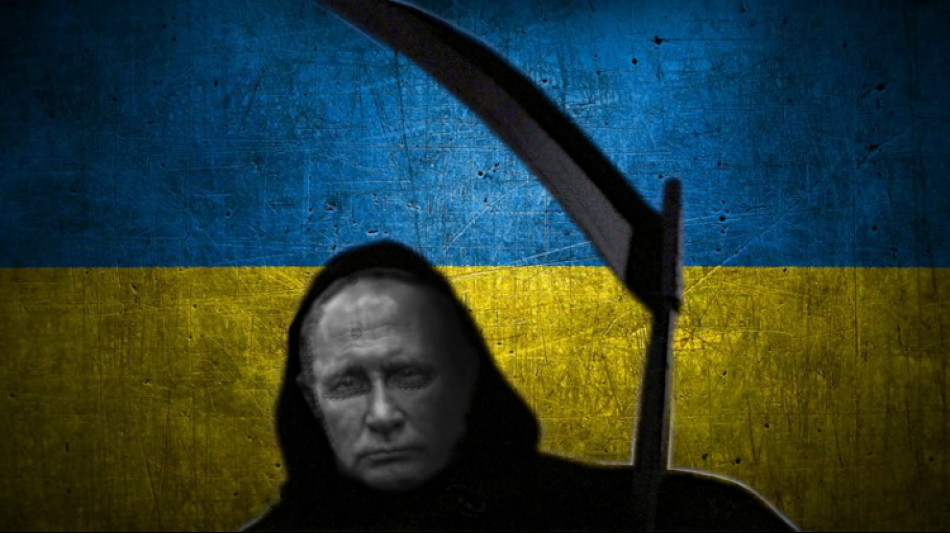Georgia Slips into Russia’s Grasp
Georgia, a nation long caught between its European aspirations and the shadow of its northern neighbour, appears to be sliding further into Russia’s orbit, prompting alarm among its citizens and the international community. Recent developments, rooted in the controversial parliamentary election of October 2024 and the subsequent actions of the ruling Georgian Dream party, have fuelled fears that the country is relinquishing its sovereignty to Moscow’s influence.
The election, which saw Georgian Dream secure 54% of the vote according to official results, has been widely contested. International observers, including the Organisation for Security and Co-operation in Europe (OSCE), reported significant irregularities, while the pro-European opposition and outgoing President Salome Zourabichvili denounced it as fraudulent, alleging Russian interference. Zourabichvili, in a statement to AP on 28 October 2024, claimed the vote marked "Georgia’s submission to Russia," pointing to tactics mirroring those used in Russian elections. The Kremlin has denied these accusations, with spokesman Dmitry Peskov asserting on 28 October 2024, via tagesschau.de, that Western powers, not Russia, sought to destabilise Georgia.
Since the election, Georgian Dream has tightened its grip. On 28 November 2024, Prime Minister Irakli Kobakhidze announced a suspension of EU accession talks until 2028, a move that sparked mass protests in Tbilisi and beyond. Demonstrators, waving EU flags, have faced brutal crackdowns, with over 300 arrests and reports of police violence documented by Georgia’s Ombudsman on 11 December 2024 (BILD.de). The party’s founder, billionaire Bidzina Ivanishvili—whose fortune was amassed in Russia—has been accused of steering Georgia towards Moscow. On 27 December 2024, the US imposed sanctions on Ivanishvili, citing his role in undermining democracy "in Russia’s favour," according to the US State Department.
Russia’s influence is not new. Since the 2008 war, Moscow has controlled 20% of Georgia’s territory—Abkhazia and South Ossetia—where thousands of Russian troops remain stationed. Yet, recent moves suggest a deeper entrenchment. Georgian Dream’s adoption of laws mirroring Russia’s—such as the "foreign agents" legislation in May 2024—has drawn parallels to Kremlin tactics, while trade ties with Russia have surged, with exports rising sharply since 2022, per Georgia’s National Statistics Office.
The EU and NATO have voiced concern. On 4 December 2024, NATO Secretary-General Mark Rutte called the situation "deeply troubling," urging Georgia to recommit to its Euro-Atlantic path (DW.com). Meanwhile, Baltic states have imposed sanctions on Georgian officials, and the EU is mulling visa restrictions. Yet, with protests persisting into April 2025 and no resolution in sight, many fear Georgia’s pro-Western dreams are fading, ceding ground to a resurgent Russian sphere.

Fight against Russian beasts: Zelenskyy honours Ukraine's first president on day of death

Eurovision 2022: Ukraine among 10 to reach the final as world's biggest pop music contest kicks off

Germany's Scholz warns UK against 'unilateral' change to post-Brexit accord in Northern Ireland

Fled the Russian terror of the war criminal Putin: France welcomes Ukraine's refugee children

'This Russia is totalitarian, it's nationalistic, it's imperial', warns Poland's PM

France: Emmanuel Macron (44) inaugurated as president for the second time

Russia and the perverted propaganda show for the "Victory Day" of Putin's Russian terror regime

'Water is light, light is art': Italian town illuminated by the inspiration of water

'People like Europe, they have a European dream', says MEP Guy Verhofstadt

US Supreme Court moving to overturn key abortion rights law, says leaked report

Albania and North Macedonia joining EU 'not a threat', says Italian PM


 London
London

 Manchester
Manchester
 Glasgow
Glasgow
 Dublin
Dublin
 Belfast
Belfast
 Washington
Washington
 Denver
Denver
 Atlanta
Atlanta
 Dallas
Dallas
 Houston Texas
Houston Texas
 New Orleans
New Orleans
 El Paso
El Paso
 Phoenix
Phoenix
 Los Angeles
Los Angeles


